The Islamization of Hungary is prohibited by the constitution of the country. I wonder how many people remember who said this, when and where. The answer is not too difficult: on 25 April 2016, Prime Minister Viktor Orban stated this simple fact at a ceremony in the Parliament on the occasion of the fifth anniversary of the promulgation of the Basic Law of Hungary. He said this in connection with the Hungarian government's refusal to support any movement of peoples that endangers our national culture and the living conditions of future generations.
Hungary is not interested in becoming a victim of Islamism; it is interested in the cultures of all countries, but not in being separated from its homeland. This was stated by Hungarian House Speaker Laszlo Kover at a conference in parliament on the occasion of the 100th anniversary of Hungary's recognition of Islam as a religion.
Probably not many people know that Hungary was the first non-Muslim-majority country in the world to recognize Islam as a full-fledged religion.
In relation to these two statements, it is worth pointing out that the Hungarian government (and the sane majority of society) does not have a problem with the Islamic religion or culture or Muslim people. In fact, the problem is that
the accelerating Islamization of Europe which has been taking place since 2015, under the guise of mass, illegal immigration, and that the expanding Muslim occupation of all areas of life further escalates the already serious social tensions and conflicts, and also increases the danger of terrorist acts by extremist elements.
Everyday migrant crime has become part of life in many Western and Northern European cities, ending centuries of life and security for indigenous populations. Despite this, many governments, economic, cultural and media elites in Western and Northern Europe continue to welcome and support mass immigration, Islamic spread and ethnic, multicultural mixing. They do this either out of sheer naivety or false ideological convictions and/or out of simple material interests.
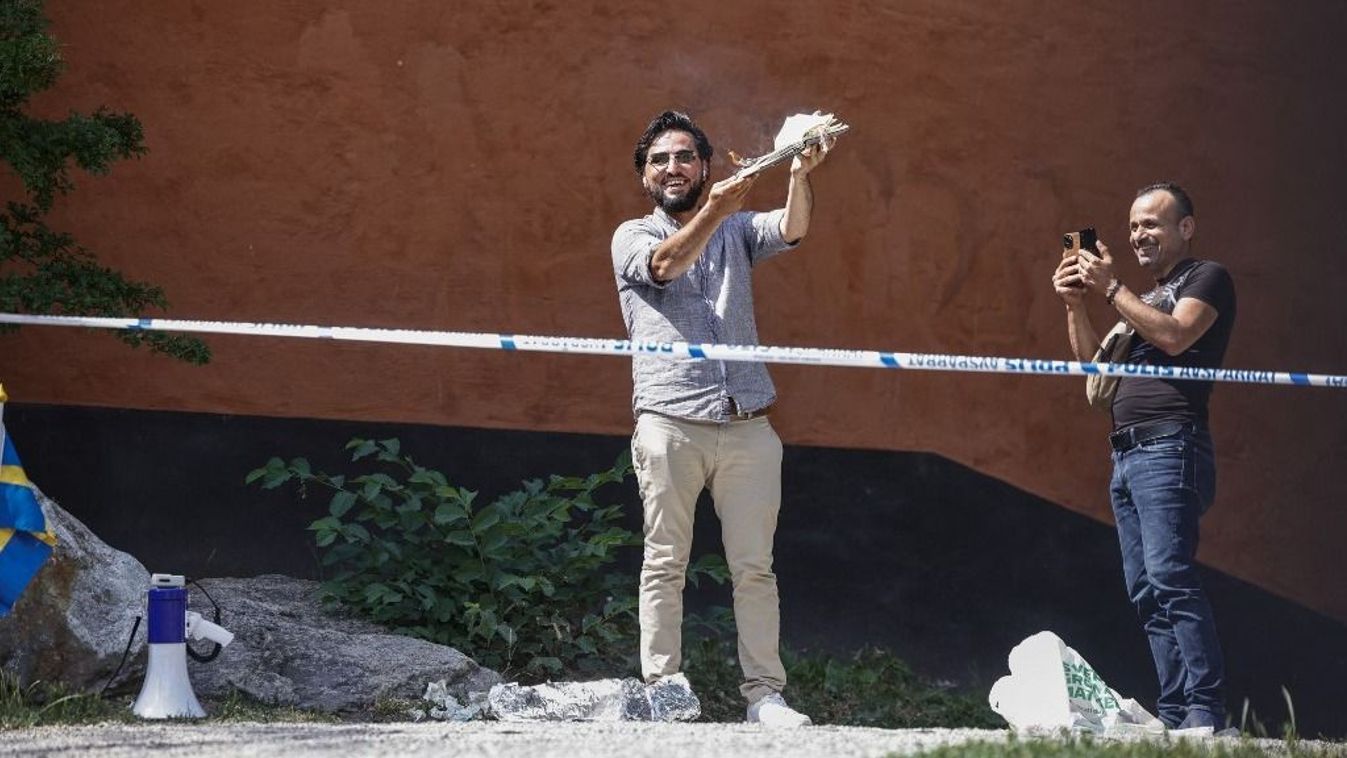



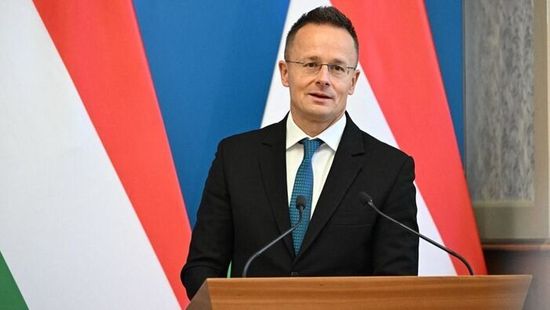


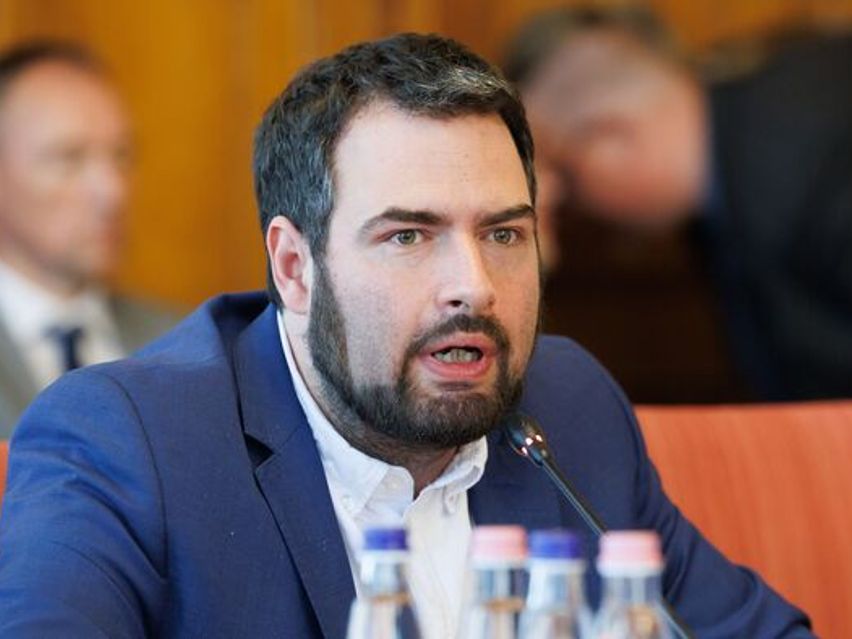







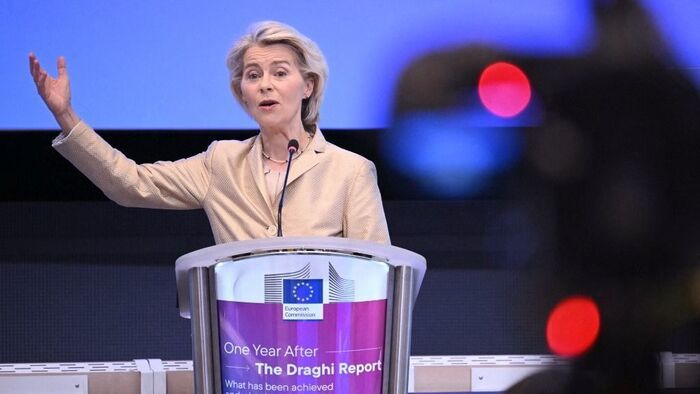
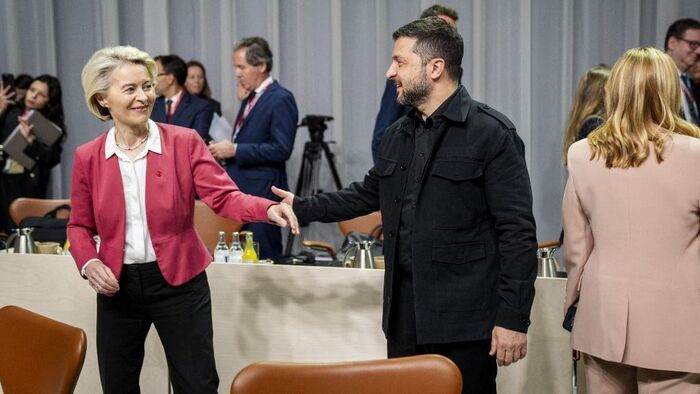
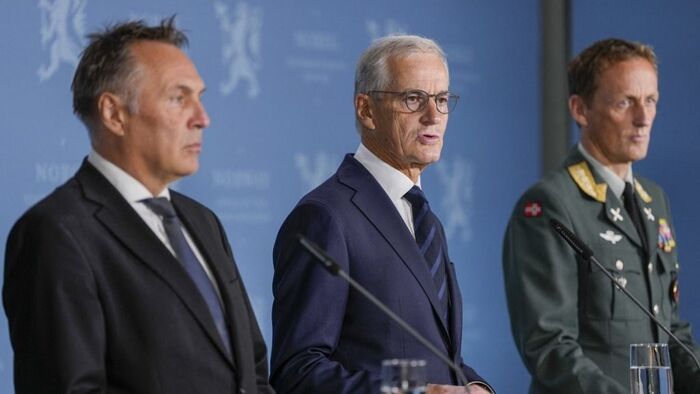




Szóljon hozzá!
Jelenleg csak a hozzászólások egy kis részét látja. Hozzászóláshoz és a további kommentek megtekintéséhez lépjen be, vagy regisztráljon!